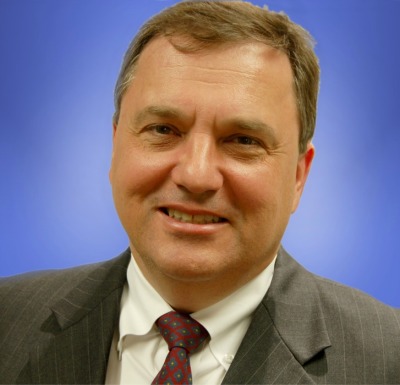Have Your Racial Views Moved Beyond Those of Your Parents?: The Humility of Hindsight

Starbucks has launched a well-meaning campaign designed to foster dialog about race and racism. Called "Race Together," it is being hailed by some as potentially disastrous and others as brilliant.
I don't doubt the program is well intended, and I don't want to discuss its potential efficacy in addressing issues of racial bigotry. On that score, we can all hope it's a big success. As I've written elsewhere, racism is a sin against God and should be eschewed by every Christian, indeed by every decent person.
Rather, I'm concerned with one of the questions Starbucks is publishing in a "conversation guide" for discussing race: "How have your racial views evolved from those of your parents?"
This is an unsettling question. Getting things out in the open can be a good thing, depending on one's audience and the degree to which personal candor and self-disclosure are appropriate. But this question assumes that one's views about race invariably will be superior to those of one's parents, an assumption I find troubling.
Perhaps it's because I am well into middle age (I qualify for a senior discount at Denny's, if that says anything) that I dislike this question, but to imply that one's mom and dad had to have been either overt racists or victims of vestigial racism is offensive. It is a common theme of the living to assume that their insights are unique and also more advanced than those of the benighted ages past, even if those ages ended immediately prior to one's adolescence. Common, and immature.
My parents were imperfect. I'm an imperfect husband and father. My children are imperfect and will be imperfect parents someday. And yes, there's always room for respectful retrospection and evaluation – how could my mom and dad have done things better, and how can I avoid some of the mistakes they made? Yet such things should be tempered with a large dose of humility, recognizing that most of us were raised by loving people doing their best, and also with gratitude for the sacrifices they made on our behalf, often thanklessly.
Again, this doesn't mean we gloss-over the wrong or unhealthy things our parents did. Instead, we must discourage a patronizing and even contemptuous attitude when thinking about our parents and, instead, forgive the hurts they inflicted while also affirming the good they did as they raised us.
This applies to the past in general. Today, we see some younger believers writing much and thinking a bit too little. Their theological grounding is limited and their opinions remarkably robust. The confidence of intelligent, observant, and earnest youth is endearing and can accomplish great things. But unless it is qualified by a recognition that inexperience should inspire a bit of tentativeness, it can also be insufferable and hurtful. If the sinless Son of God learned obedience through the experience of suffering (Hebrews 5:8), let's all, young and old alike, be not quite so quick to think we can look back with condescension on those who have come before.
Moral pride is neither new nor appealing. "No doubt you are the people, and wisdom will die with you," Job says sarcastically to his pontificating friends (12:5). They were free with their advice, which was grounded more in ignorance and superficiality than animated by kindness or informed by insight.
Let's not be like them. Instead, let's all be a little careful before we boast about what Starbucks calls our moral "evolution." And I hope that when I die, my children will remember me as fondly and respectfully as I recall my own wonderful father and mother.
This article appeared in Christian Headlines on March 19, 2015.





















